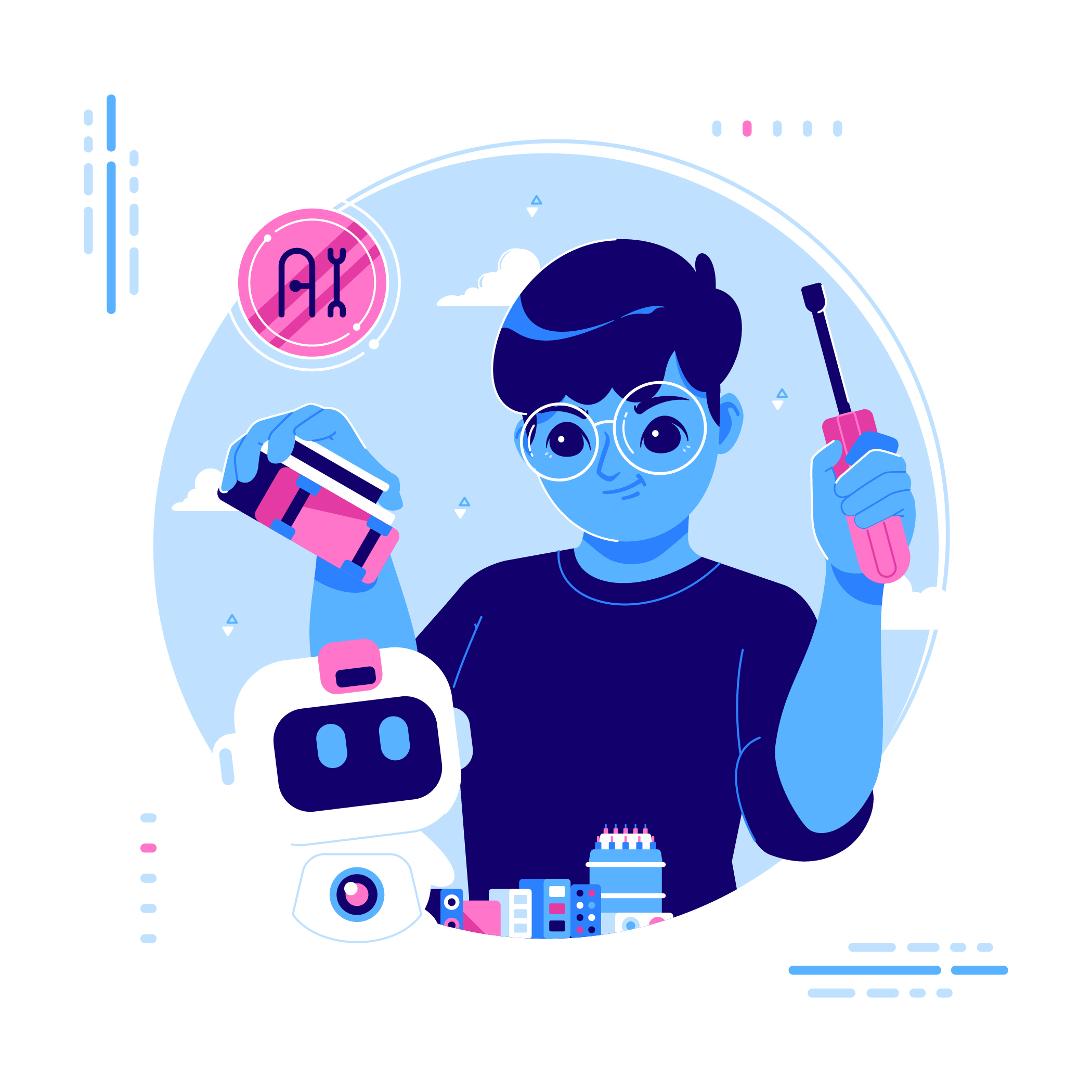In 2023, over 27% of Instagram’s 1.32 billion users followed AI-generated influencers — a number that’s rapidly increasing.
The rise of AI-generated influencers is reshaping brand marketing, offering lifelike interactions and precise audience targeting. A recent study reveals that human influencers earn 46 times more per post than their AI counterparts, indicating a current preference for human authenticity.
Brands are experimenting with AI personas to engage consumers. KFC introduced a virtual Colonel Sanders, sharing content on Instagram to promote products. Spanish modeling agency Clueless launched Aitana López, an AI influencer earning over €1,000 per advertisement. Vogue collaborated with virtual influencer Noonoouri for its September 2023 issue, highlighting AI’s growing role in fashion marketing.
Despite their potential, AI influencers face challenges. They receive 5.8 times fewer likes per post compared to human influencers, reflecting a gap in audience engagement.
Additionally, AI influencers are more likely to promote adult content, with 31% involved in such endorsements compared to 15% of human influencers, raising ethical considerations for brands.
Ethical concerns also arise regarding transparency and the reinforcement of unrealistic standards. Maintaining authenticity and trust is crucial as brands navigate this evolving landscape.
Combining AI with human creativity may offer a balanced approach, leveraging technology’s precision with human relatability. As AI technology advances, a hybrid strategy could enhance brand storytelling and consumer engagement.
In conclusion, while AI influencers present innovative opportunities for brand marketing, human influencers currently maintain a significant advantage in earnings and engagement. Brands should carefully consider the integrating AI personas, ensuring alignment with their values and audience expectations.
Source: medianews4u












